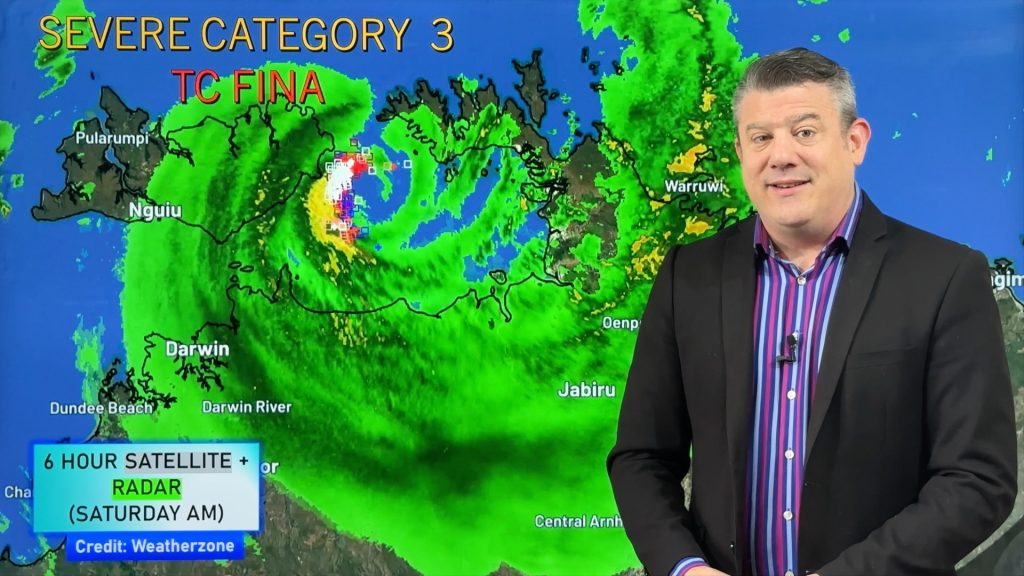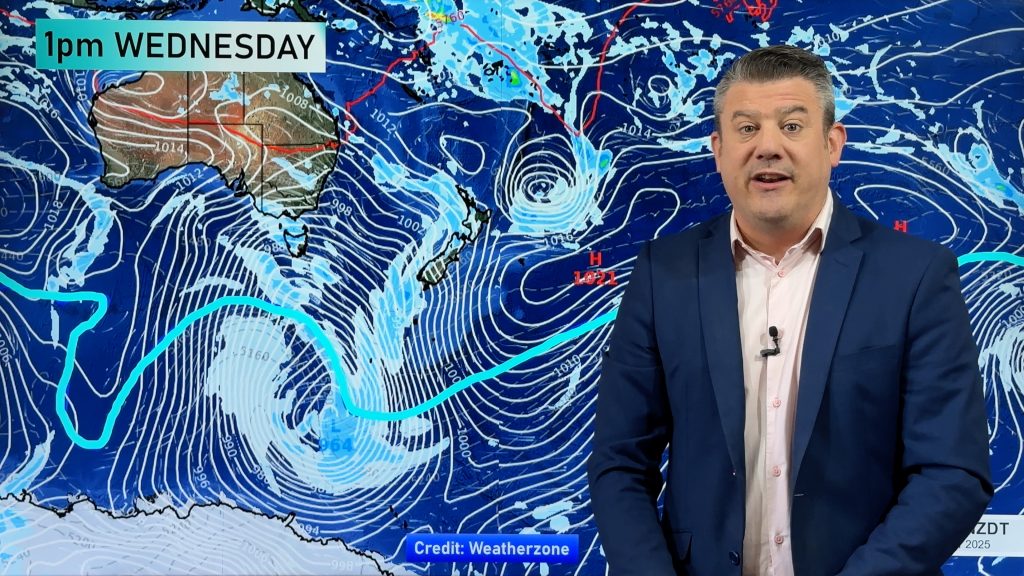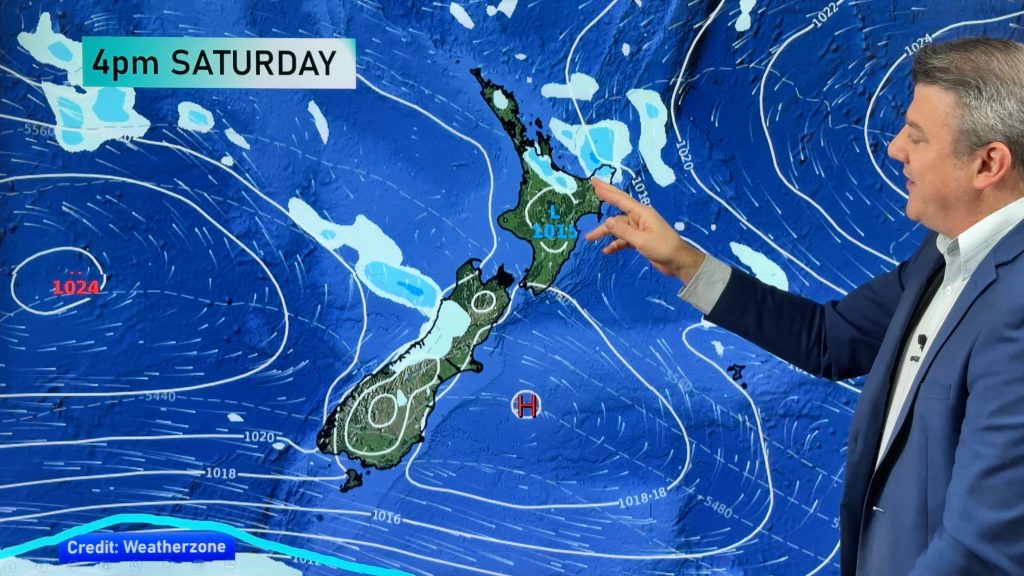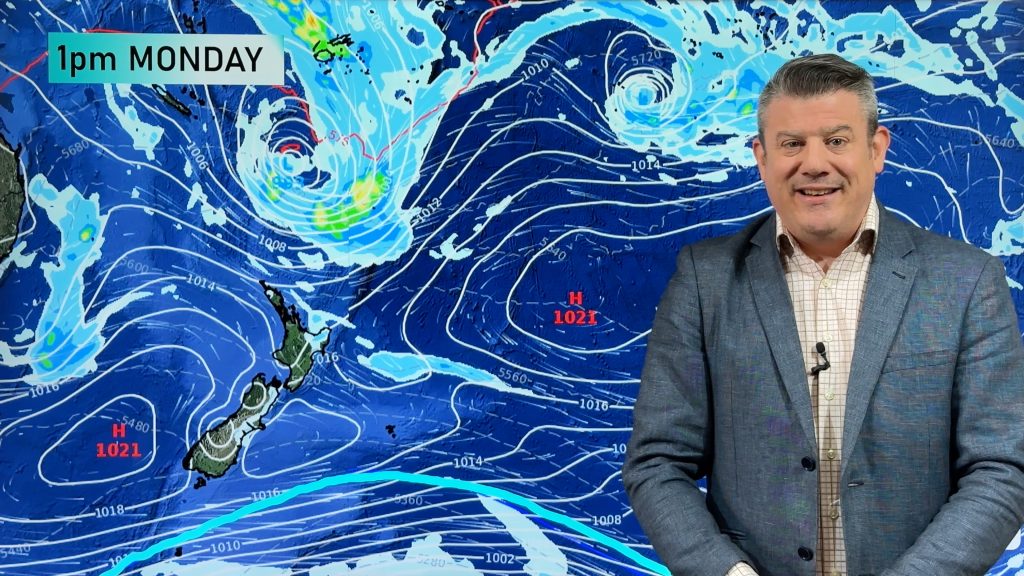
> From the WeatherWatch archives
New Zealand’s shortest day of the year (and longest night) is on the way – at 11:28pm on Monday June 21st.
The downside for some? It means the coldest weather is only just getting started.
The positive flip-side to others? The days will very slowly start to get longer after this time.
Comments
Before you add a new comment, take note this story was published on 21 Jun 2010.






Add new comment
JohnGaul on 17/06/2010 7:20am
I usually give emphasis on the longest night for the 21st/22nd as the day’s on each side are usually about the same length. Same with the shortest night on the 21st/22nd of December.
JohnGaul
NZThS
Reply
Guest on 17/06/2010 5:57am
Can we get some clarification from the annoying people (like the TV3 weatherman) who have unilaterally decided that the winter solstice is the start of winter as to why they’ve deemed it best to rearrange our seasons? The solstices have been called ‘mid summer’s day’ and ‘mid winter’s day from time immemorial. Yet for some reason these people have decided that we’re still in Autumn until June 21 (or Spring until December 21). It’s not only wrong, it’s irritating.
For the record – roll on, solstice, so we can start to get some more daylight again!
Reply
Guest on 20/06/2010 3:29pm
well said:)
Reply
weather-nut on 21/06/2010 5:59am
The terms ‘mid-summer’s day’ and ‘mid-winter’s day’ are perhaps a little misleading when referring to what is essentially an astronomical milestone, rather than a mid-point between seasonal weather variations or growing seasons. In meteorological terms, solstice doesn’t fall in the middle of summer or winter. The heights of these seasons usually occur up to 7 weeks later due to seasonal lag. That’s why many other counties, including China, the USA and Canada, use solstice to mark the beginning of winter or summer. Perhaps we should do the same?
Reply
Guest on 15/06/2010 9:37am
Phil, is it true the shortest day is only shorter by a couple of seconds?
Alsoo, could you say why we get colder weather after the shortest day?
I would have thought as we tilt back towards the sun our days would (slowly) get warmer?
Thank you
Regards Des
Reply
weather-nut on 16/06/2010 3:46am
Phil, is it true the shortest day is only shorter by a couple of seconds?
Sorry I’m not Phil but yes, much like a pendulum or swing at its highest point, the length of the day at solstice relative to surrounding days tends to slow down to almost nothing, whereas at equinox, like a pendulum at its lowest and fastest point, the length between days can be around 2-3 minutes here in NZ. Our daily tides behave in much the same way, with water at its slackest during high or low tide and running at its fastest mid-tide.
Alsoo, could you say why we get colder weather after the shortest day?
I would have thought as we tilt back towards the sun our days would (slowly) get warmer?
Our surrounding sea surface temps play an important part, as they take much longer to cool down or warm up and greatly influence our air temps, particularly around coastal areas. The south polar regions also don’t see the sun until about Sep/Oct, so sea and air temps from the south tend to remain cooler for much longer. When the Antarctic does finally wake up, this mixing of cool air from he south and warm air from the tropics often becomes quite violent a produces some of our strongest winds, aka ‘The Roaring Forties’.
Reply
View more comments